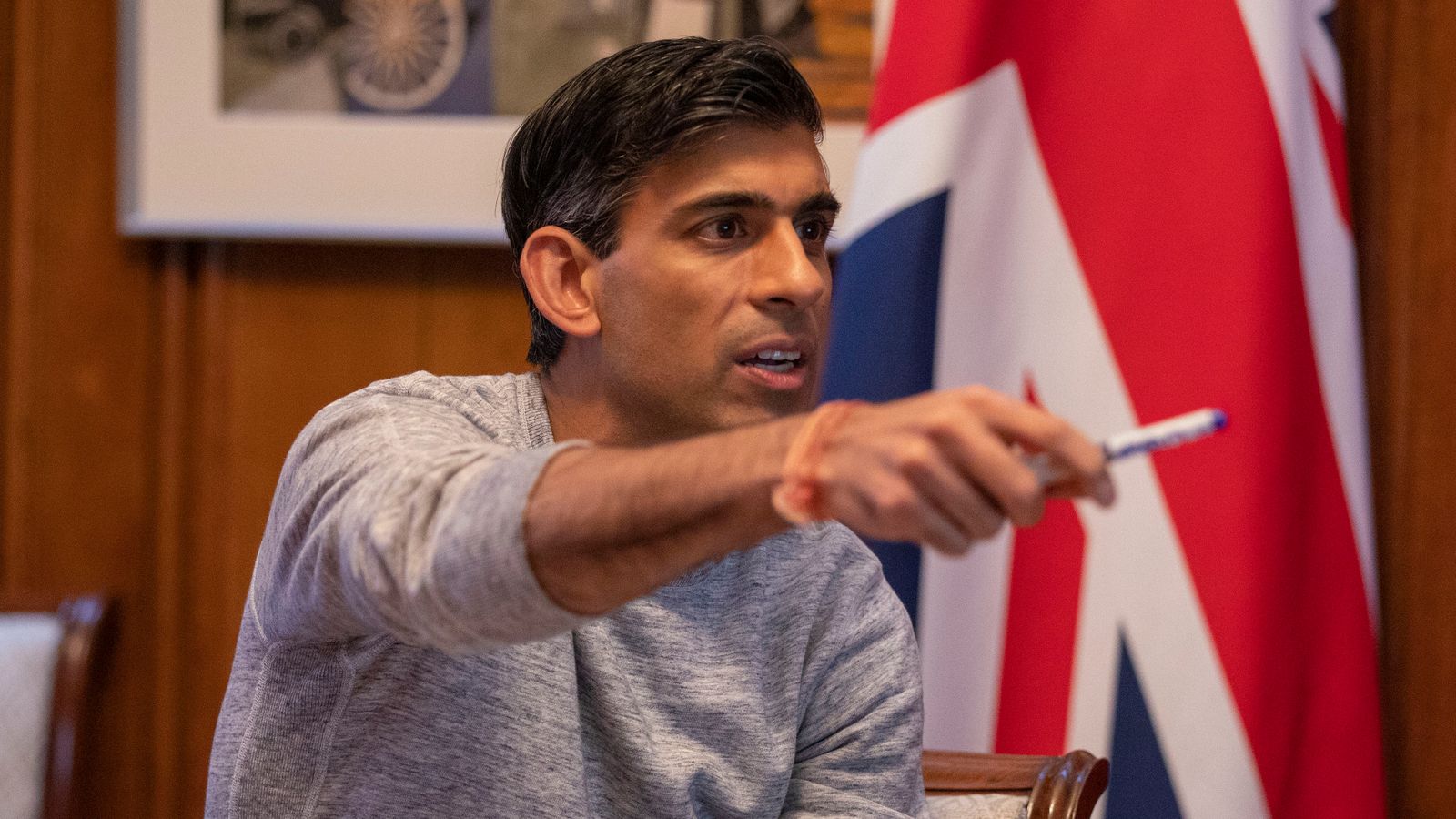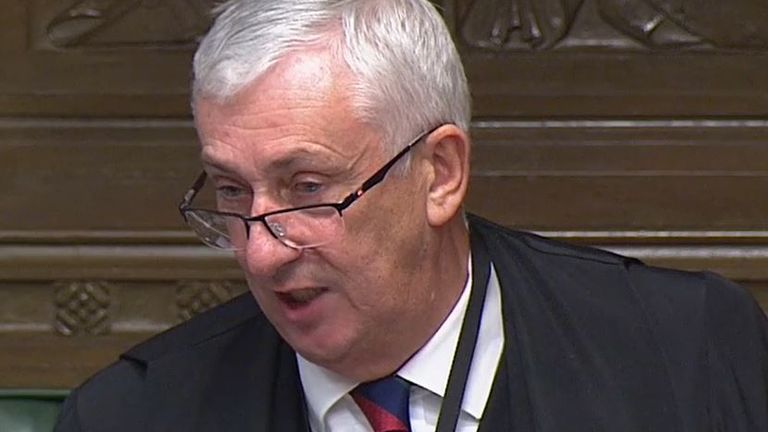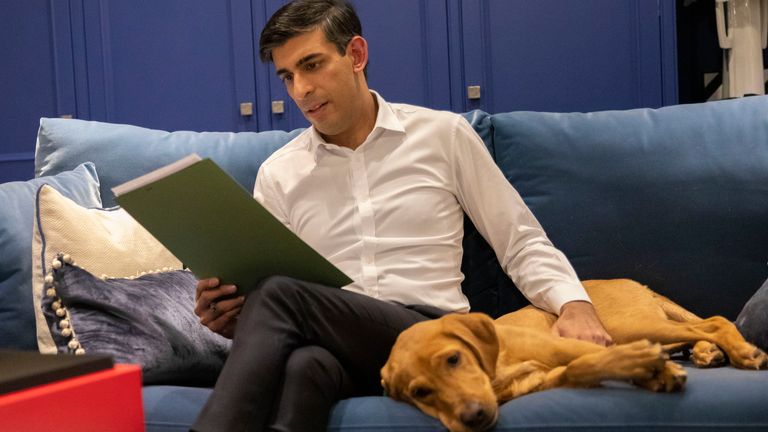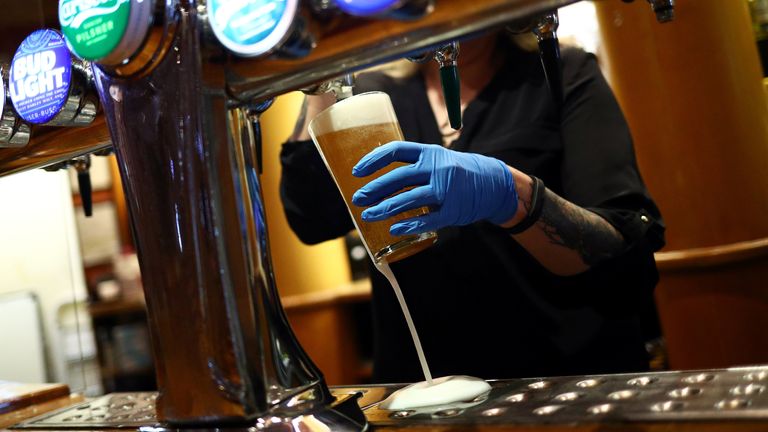The chancellor is putting the finishing touches to his budget, after the Commons speaker again hit out at policies being trailed ahead of Rishi Sunak’s address to MPs on Wednesday.
Sir Lindsay Hoyle accused the government of displaying “discourteous” behaviour” towards MPs by announcing many key elements of the chancellor‘s budget ahead of time.
Extra funding for the NHS, an end to the public sector pay freeze and rises in the national living wage and minimum wage have all been revealed in recent days.
This provoked the ire of Sir Lindsay, who allowed a second urgent question in as many days on Tuesday to compel ministers to appear before MPs to answer questions on the budget.
“I was disappointed to see more stories in the media today with apparently very well-briefed information about what will be in tomorrow’s budget,” the speaker told the Commons.
Accusing ministers of treating parliament in a “discourteous manner”, Sir Lindsay added: “This house will not be taken for granted, it’s not right for everybody to be briefed, it’s not more important to go on the news in the morning, it’s more important to come here.
“Let us get the message across that these elected members represent this United Kingdom. It is not done through Sky TV.”
Simon Clarke, chief secretary to the Treasury, insisted in the Commons on Tuesday that the “bulk of the detail” of the budget had yet to be revealed.
He said the government wanted to help “communicate to the public what we’re doing with their hard-earned money”.
Other measures announced ahead of the budget include:
• 1.4bn to encourage foreign investment into UK businesses and attract overseas talent;
• £700m to be spent mainly on the new post-Brexit borders and immigration system, as well as a new maritime patrol fleet;
• £435m for victims services, crime prevention and the Crown Prosecution Service;
• £560m for adult maths coaching to help increase numeracy;
• A six-month extension to the COVID recovery loan scheme to June 2022
The announcements on pay, which will take effect in April, are the most high-profile so far.
However, critics have pointed out that the end of the Universal Credit uplift and continuing cost of living pressures, including rising petrol prices and soaring energy bills, will mean that many of those who see their salaries bumped up will not be much better off in real terms, if at all.
Appearing on Kay Burley earlier on Tuesday, business minister Paul Scully refused to guarantee that pay increases for public sector workers would be above the level of inflation.
“That will be determined by the pay review bodies. The chancellor is keen to give people a rise,” he told Sky News.
“They will then take that into account as they look to what should be an appropriate rise for the public sector, given the public finances.
“I can’t pre-empt what they are going to do. We will see where we are come next April when the review bodies have reported.”
Follow budget coverage live on Sky News tomorrow with the chancellor’s announcement from 12.30pm



